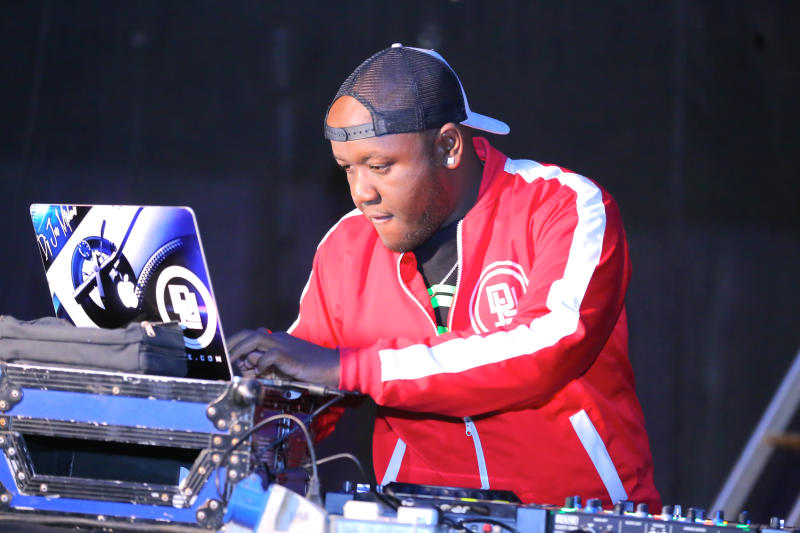
Many people know right off the bat what they want to do with their lives, and others are well, late bloomers. However, Joseph Mwenda, AKA DJ Joe Mfalme, wasn’t one of the stragglers.
He knew the exact place he needed to be for the rest of his life; on an elevated floor aligning the beats of some great music to the delight of those whose hearts, just like his, fed and thrived on sounds and melodies. But while he knew it, back then many considered his passion a frivolous pursuit. And like many of his peers, he was compelled to choose something different in college, years that he now terms a waste of his time. Eventually, he found his way back to music, and today, has built up an impressive career making him one of Kenya’s most respected disk jockeys. He shares his business journey and his determination to build a legacy.